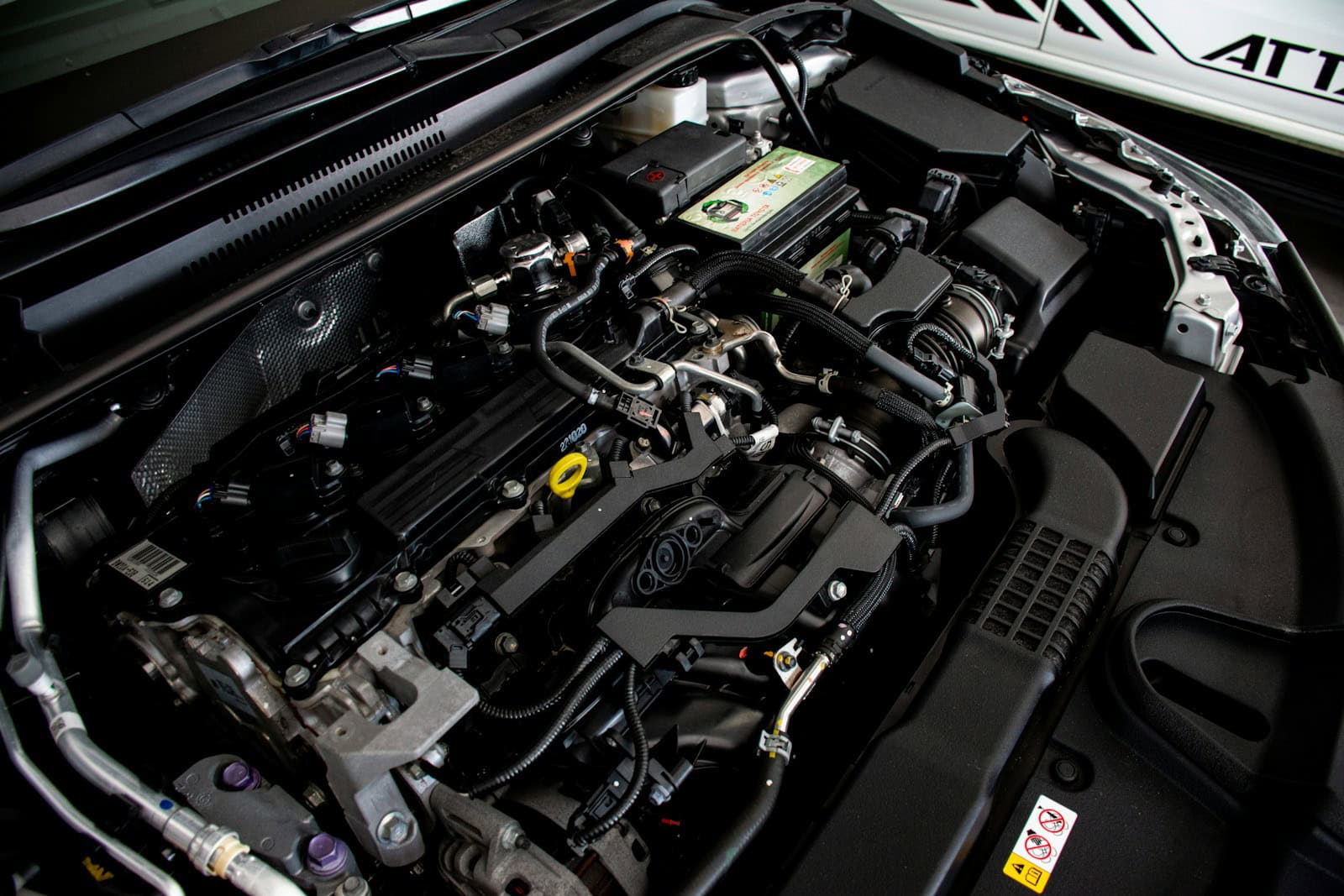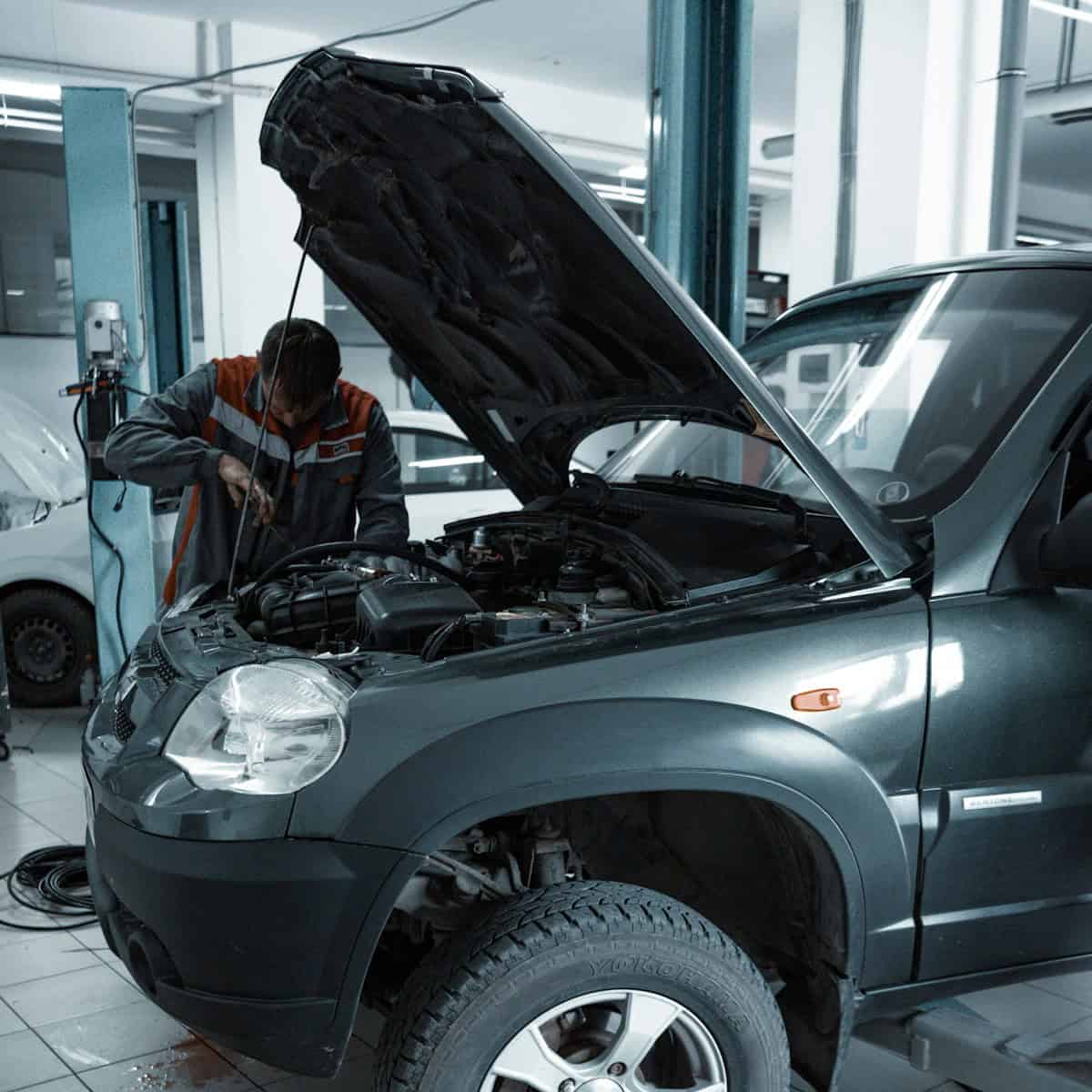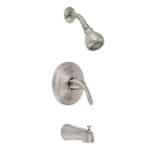Please keep in mind the following information: A burning smell from your car can be alarming as it often indicates a problem that requires immediate attention. Ignoring it may lead to expensive repairs or safety hazards. Different burning odors indicate specific issues. The smell of burning rubber can signify slipping belts or hoses touching hot engine parts.
A strong burnt smell may result from oil leaks onto hot surfaces. Electrical problems might produce a sharp, acrid scent. It is crucial to take prompt action when you notice these smells. If the odor is strong or sudden, pull over safely and check for visible issues like smoke or leaks. If you are unsure, it is best to have a mechanic inspect your car. Regular maintenance can prevent many of these problems before they occur.
Decoding that Burning Smell in Your Car

Don’t Panic, But Don’t Ignore It Either
A burning smell in your car is never a good sign, but it doesn’t always mean disaster. It’s important to figure out what’s causing it, so you can take the right action. Sometimes it’s a quick fix, and other times it’s a sign of a bigger problem that needs a mechanic’s attention.
Common Culprits Behind the Burning Smell
Here’s a breakdown of some common causes and what they might mean:
| Smell | Possible Cause | What to Do |
|---|---|---|
| Burning rubber | Slipping drive belt, overheated tires, or something stuck on the exhaust. | Check the belts for wear and tear. Ensure tires are properly inflated. Look for any debris near the exhaust system. |
| Burning oil | Oil leak dripping onto hot engine parts. | Check your oil level and look for leaks under the car. If you see a leak, get it fixed ASAP. |
| Burning plastic | Overheated plastic components, possibly from an electrical issue or something melting on the exhaust. | Check for any melted plastic near the exhaust manifold or wiring. If you suspect an electrical problem, have a mechanic inspect it. |
| Burning paper or clutch | Clutch slipping or burning out. | If you notice this smell when shifting gears or driving uphill, your clutch might be wearing out. Have it inspected by a mechanic. |
| Sweet, syrupy smell | Coolant leak. | Check your coolant level and look for leaks. This could indicate a problem with your radiator or hoses. |

When It’s Burning But Not Overheating
Sometimes, you might notice a burning smell without any signs of overheating. This can be particularly perplexing, but here are a few potential causes:
- New car smell: Believe it or not, new cars often have a distinct smell due to the curing of various materials like paint, plastics, and adhesives. This usually fades over time.
- Brake dust: If you’ve been driving in stop-and-go traffic or braking heavily, you might smell hot brake dust. This is usually normal, but if it’s persistent or accompanied by squealing or grinding noises, have your brakes checked.
- Road debris: Leaves, plastic bags, or other debris can get stuck on your exhaust system and burn, causing a temporary odor. This usually clears itself out, but if the smell persists, inspect your exhaust for any lingering debris.
- A/C system: Occasionally, a burning smell might come from your A/C system, especially if it hasn’t been used in a while. This could be due to dust burning off or a more serious issue with the A/C components.
- Recent repairs: If you’ve had recent work done on your car, a lingering smell might be from residual fluids or materials burning off. This should dissipate within a short time.
If you’re unsure about the source of the burning smell or if it continues despite checking these potential causes, it’s always best to consult a mechanic for a proper diagnosis.
What to Do When You Smell Something Burning
- Pull over safely: If you notice a strong burning smell while driving, pull over as soon as it’s safe to do so.
- Identify the smell: Try to pinpoint the type of burning smell (rubber, oil, plastic, etc.). This will help you narrow down the potential causes.
- Check for visible signs: Look for smoke, steam, or leaks. See if you can locate the source of the smell.
- Take action or seek help: If it’s a simple issue like a loose belt, you might be able to fix it yourself. If you’re unsure or suspect a more serious problem, call a mechanic.

Don’t Delay
Ignoring a burning smell can lead to costly repairs or even dangerous situations. It’s always best to address it promptly to ensure your safety and the longevity of your vehicle.
Key Takeaways
- Burning smells in cars often indicate mechanical or electrical issues
- Different odors can help pinpoint specific problems
- Quick action and regular maintenance are crucial for car safety and longevity
Identifying the Source of Burning Odors
Strange smells in your car can be a sign of trouble. Burning odors often come from specific parts of the vehicle. Let’s look at common sources and what they might mean.
Brake System Issues
Brake problems can cause burning smells. Worn-out brake pads may give off a sharp, burning odor. This happens when the metal backing plate rubs against the rotor.
A seized caliper can also create a burning smell. It keeps the brake pad pressed against the rotor even when you’re not braking. This causes excess heat and wear.
If you smell burning while braking, stop driving as soon as it’s safe. Check your brakes right away to prevent damage or failure.
Engine Compartment Malfunctions
The engine area is a common source of burning smells. Oil leaks can cause a burnt oil smell if oil drips onto hot engine parts.
Coolant leaks may create a sweet, syrupy burning odor. This can be a sign of engine overheating.
A clogged catalytic converter might smell like burning sulfur or rotten eggs. This needs prompt attention to avoid costly repairs.
If you notice any of these smells, get your car checked by a mechanic soon.
Electrical and Wiring Concerns
Electrical issues often produce a distinct burning plastic smell. This can be due to:
- Blown fuses
- Electrical shorts
- Damaged wiring
These problems can be hard to spot. They may also pose a fire risk. If you smell burning plastic, turn off the engine and have your car towed to a mechanic.
Regular checks of your car’s electrical system can help prevent these issues.
Heating and Cooling System Complications
AC and heater problems can create burning smells too. An overheating A/C compressor might give off a burning rubber odor.
A malfunctioning car heater can smell like burning plastic or rubber. This might be due to:
- Leaves or debris caught in the system
- A failing blower motor
- Leaking coolant on hot surfaces
If you notice these smells when using your AC or heater, have them checked by a pro. Quick action can prevent more serious damage.
Common Burning Smell Descriptions and Associated Issues
Cars can produce various burning smells. Each smell points to a different problem. Let’s look at the most common smells and what they mean.
Rubber and Plastic Odors
A burning rubber smell often means a belt is slipping. The serpentine belt is a common culprit. It drives many car parts. If it’s loose or worn it can slip and create a burning smell.
Burning plastic smells can be serious. They might mean:
- Melting electrical wires
- A stuck brake caliper
- An overheating A/C compressor
These issues need quick attention. Ignoring them can lead to bigger problems or fires.
Oil and Fuel Smells
Burning oil smells usually mean there’s an oil leak. Oil might be dripping onto hot engine parts. This creates a distinct burning smell.
Common causes of oil leaks include:
- Worn gaskets
- Loose oil filters
- Damaged oil pans
Fuel smells are different. They often mean there’s a fuel leak. This is very dangerous. It can lead to fires. If you smell fuel stop driving and get help right away.
Clutch-Related Burnt Smells
A burning clutch smell is common in manual cars. It happens when the clutch gets too hot. This can occur from:
- Riding the clutch
- Aggressive shifting
- A worn clutch plate
New drivers often cause this smell as they learn to use the clutch. But if it happens often it might mean the clutch needs replacing.
Sulfuric or ‘Rotten Egg’ Smells
A rotten egg smell usually means trouble with the catalytic converter. This part cleans exhaust gases. When it fails it can produce a strong sulfur smell.
Causes of catalytic converter failure include:
- Using the wrong fuel
- Engine misfires
- Oil contamination
A clogged catalytic converter can also cause this smell. It needs fixing fast to avoid damage to other car parts.
Frequently Asked Questions
Burning smells from cars can stem from various issues. These may relate to acceleration, interior odors, overheating, or starting problems. Let’s explore common questions about car burning smells.
What could cause a burning smell from my car when accelerating?
A burning smell during acceleration might be due to a slipping clutch. This happens when the clutch can’t fully engage. It could also be from an oil leak dripping onto hot engine parts. In some cases, it might be brake pads overheating from excessive use.
How can I eliminate a burning odor inside my vehicle?
To get rid of a burning smell inside your car, first find the source. Check for spilled fluids on engine parts. Look for items stuck under seats near heating vents. Clean or replace cabin air filters. If the smell persists, have a mechanic inspect the car.
What should I check if my car emits a burning smell but is not showing signs of overheating?
If there’s a burning smell without overheating, check for leaks in the exhaust system. Look at the catalytic converter, muffler, and tailpipe. Also, inspect electrical components for signs of short circuits or melted insulation.
Is it safe to drive a vehicle that exudes a burning rubber smell?
Driving with a burning rubber smell is not safe. This odor often points to serious issues. It could be a belt slipping or melting hoses. These problems can lead to engine damage or breakdowns. Stop driving and get the car checked by a pro right away.
What are the potential reasons for a burning smell from a car upon starting it?
A burning smell when starting could be from oil leaks hitting hot surfaces. It might also be due to electrical issues like short circuits. In some cases, it could be leftover fluid from a recent oil change burning off.
What maintenance steps should be taken if one can smell burning from their vehicle after a drive?
After noticing a burning smell post-drive, let the car cool down. Check fluid levels and look for leaks. Inspect belts and hoses for wear. Look at the brakes for signs of overheating. If you can’t find the cause, have a mechanic do a thorough check-up.







